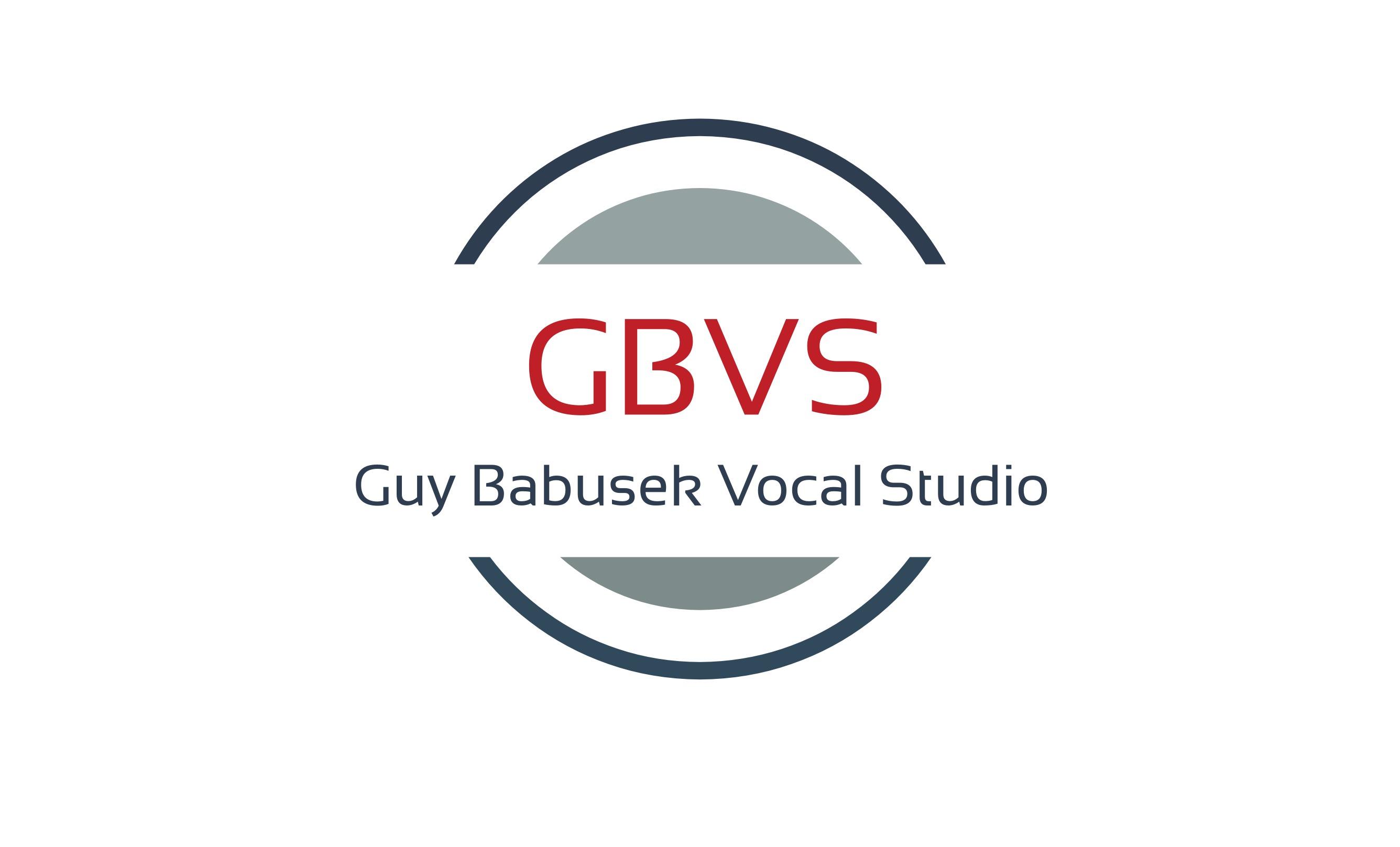
Healthy Belting
“Sing your high notes loudly and with force, as if you are calling for a taxi,” “Sing your high notes as if you are a cheerleader yelling at a game.” “Never leave your chest voice as you are singing the highest notes in your song.” “Feel as though all of your high notes are coming directly from your chest.” “Just yell it as hard as you can when it starts to feel too high.” “Don’t leave your chest voice, but place the tone forward in the mask.” “Support your high notes by pushing HARD with your stomach.” “If it hurts, it means it’s getting stronger, like going to the gym.”
These are the types of directions so many singers get from some so-called “experts” in singing, who are attempting to get these singers to “belt” for musical theater, pop music and other modern vocal styles. While there are plenty of directors, instructors and producers who know that healthy belting doesn’t come out of a box, unfortunately there are at least as many who think that yelling is the golden road to good singing technique.
Most singers who are taught these harmful “techniques” in order to sing in the belting styles, experience discouragement at best, and vocal damage at worst. The truth is that there is no shortcut to building the belt sound that these instructors and directors are after. Developing your voice sufficiently to be able to sing in a strong belting style takes a lot of time and patient work with a teacher who doesn’t ask you to yell or push your voice in the process.
Interestingly enough, a singer who is belting in healthy manner, doesn’t really feel like they are belting at all. What they are experiencing is actually quite different from what the audience is hearing.
Many of my students work regularly with coaches, directors, instructors or record producers who are constantly directing them to use potentially damaging techniques. Since arguing with a director or instructor rarely gets a singer anywhere but fired, or a with a bad grade, I always encourage singers to simply agree with them.
Even though the singers are agreeing with the director, they understand that they should always use a healthy mix to achieve the results the director is seeking. Often the director will a) think the singer is belting; b) think that their technical instructions are responsible for the amazing sound coming from the singer; and c) unfortunately, keep teaching bad technique to unsuspecting singers.
As a singer, it isn’t your job to protect the entire world from those who are teaching harmful technique; your responsibility is to give the performance you are being asked to give, while keeping your voice healthy. If these directors believe that their damaging methods are responsible for your performance, let them. Remember, a good director knows the end result they want even if they don’t understand how you are actually achieving it. Getting into discussions or arguments about vocal technique with your director is almost always a bad idea.
Do yourself a favor, start early to work on your own singing with a teacher who understands how the voice actually works, and who doesn’t direct you to force sound from your voice in any way whatsoever. Build your technique slowly, over time, so that when you inevitably come face to face with the direction to “Yell your chest voice as high and as loudly as you can,” you can silently tell yourself, “I think I’d better mix that instead.” When the director says, “There! That’s what I’m talking about!” just smile and say, “Thank you so much for helping me find that.”


